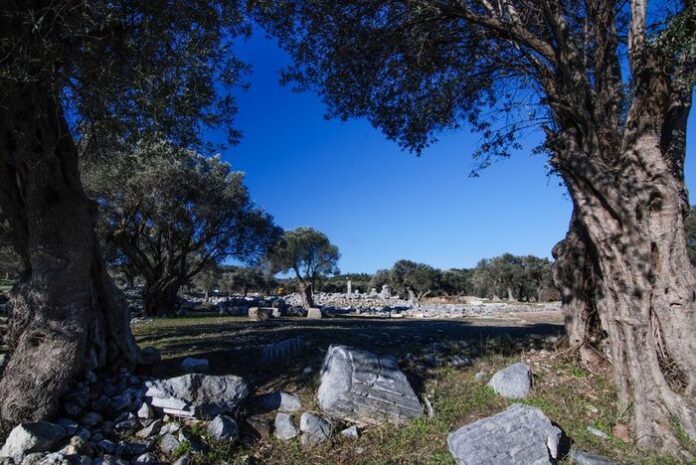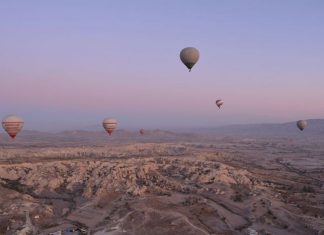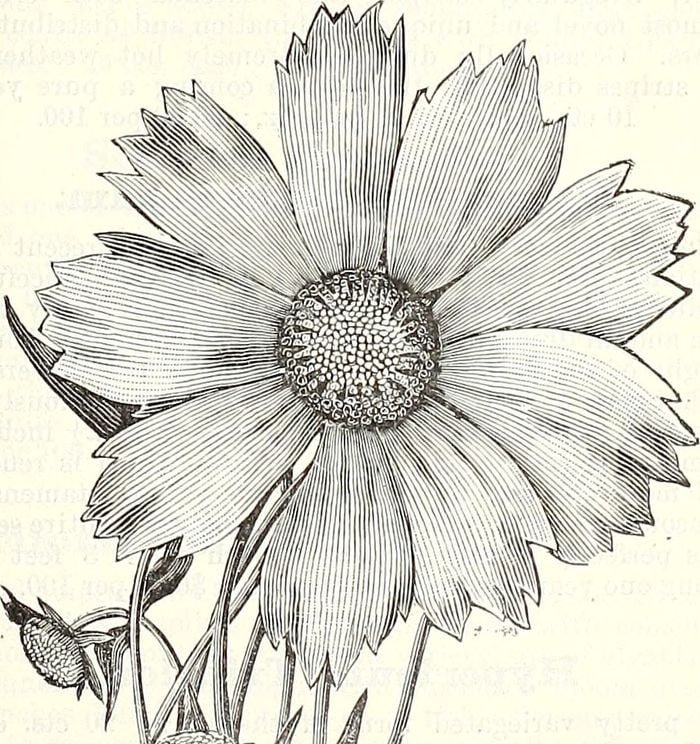Strong, Active, and Intelligent People
Bulgarian peasants are known for being hardworking, clever, and intelligent. Both men and women are usually physically strong and capable of working long hours. During a visit to Bulgaria, the writer saw only three or four beggars, and all of them were physically disabled. This shows how rare laziness or poverty is among the local people.
Women are just as hardworking as men. On the farms, they work side by side with the men and are never seen sitting idle. One common sight is women spinning thread with a distaff while walking along the roads or while waiting in the market with their vegetables. They do this so naturally and regularly that it seems effortless Artistic Traditions of Bulgarian Peasants.
In addition to farming, women help care for the animals. Many children as young as eight take care of cattle, sheep, and goats, following the animals across open fields. In remote mountain areas, herds are guarded by men, older boys, and sometimes young women, who even sleep outdoors during winter, wrapped in sheepskins.
Generous Hospitality
A Warm Welcome Everywhere
One of the things that travelers admire most in Bulgaria is the hospitality of the peasants. If you visit a village home, you are warmly welcomed. In Bulgaria, the old eastern traditions of hospitality are still strong. No stranger is ever turned away, as long as they come peacefully Ephesus Daily Tours.
Even the poorest villagers will offer to share their food and shelter. It is common to be offered water, milk, or fruit like grapes when visiting a home—no matter how small or humble.
Farming Life and Village Rules
Shared Land and Livestock
Most peasants own small farms, usually between five and fifteen acres. The cottages where they live are grouped into villages, while their fields are often located farther away, much like the farming system in France. There are no fences, and to outsiders, the boundaries of each farm may be hard to see.
Almost every family has at least one pair of oxen and forty or fifty sheep, along with cattle, goats, pigs, geese, and chickens. These animals are allowed to graze freely on the “tnera”, or common pastures, which are owned by the government but shared by the community for generations.
Community Ownership and Property Rules
However, not everyone can use any pasture. A peasant from one village cannot use another village’s pasture unless he owns a hut or small garden there, giving him the legal right. There is no limit to how many animals one can graze—whether you own ten or a thousand, you still have a right to use the shared land.
If someone wants to sell their land, the next-door neighbor gets the first opportunity to buy it. Outsiders are not allowed to purchase property if someone in the local community wants to buy it. The price of land is often set by public opinion, to keep it fair and protect local ownership.








